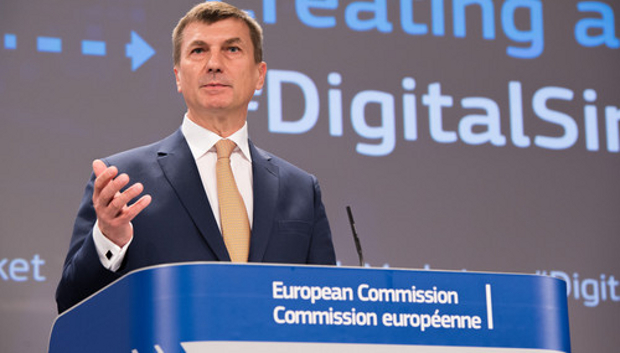The EU announced its plan for a Digital Single Market earlier this year and its beginning to make its presence felt with the confirmation that roaming charges across the 28 member states will be abolished from 15 June 2017.
In a statement released yesterday, it was confirmed that after ‘trilogue’ meetings between the European Parliament, Council and Commission mobile phone users will face the same charges across the EU as in their home countries in just over two years, marking the end of seven years of negotiations precede the release of a plan to overhaul EU telecoms rules on 2016.
Roaming charges won’t be disappearing at midnight on 15 June, however, as consumers will be able to make savings before then. From April 2016, roaming will also become cheaper as operators will only be able to charge a small additional amount to domestic prices up to €0.05 per minute of call made, €0.02 per text message sent, and €0.05 per Mb of data (excl. VAT). This maximum roaming charge is about 75% cheaper than current roaming caps for calls made and data.
The EU also promised to introduce strict net neutrality rules governing what it called the Open Internet, ensuring paid prioritisation – where services pay ISPs for faster delivery – can’t happen.
Welcoming the agreement Andrus Ansip, Commission Vice President for the Digital Single Market, said: “Europeans have been calling and waiting for the end of roaming charges as well as for net neutrality rules. They have been heard. We still have a lot of work ahead of us to create a Digital Single Market. Our plans to make it happen were fully endorsed by Heads of State and Government last week, and we should move faster than ever on this.”
Despite the announcement there remains some procedural matters to be addressed. The text of the agreement still has to be formally approved by the European Parliament and the Council. Then it will be translated into all EU languages. After that it will be published in the Official Journal and will officially enter into force.
TechCentral Reporters







Subscribers 0
Fans 0
Followers 0
Followers